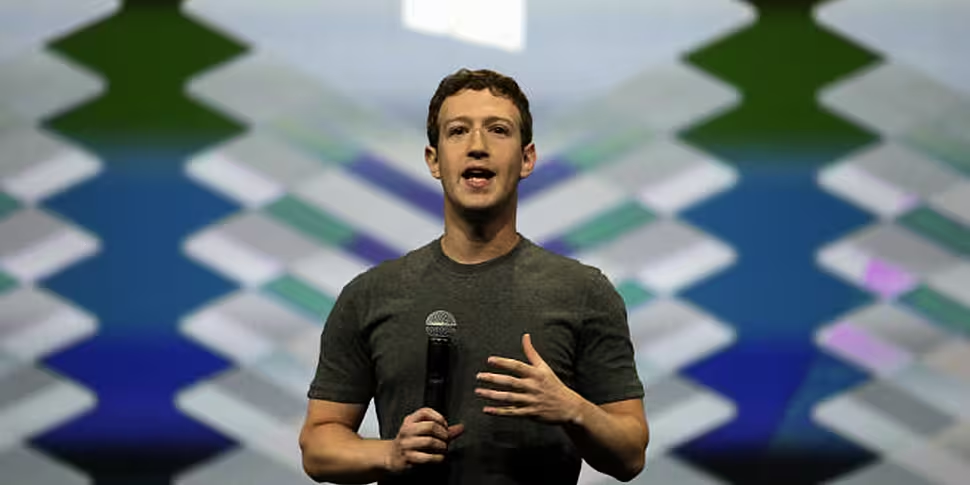Since its launch Facebook has grown and embedded itself as a vital source of traffic for just about everyone publishing any sort of commercial digital content on the internet.
Analysts have spent the last two years obsessing over the 'death of the home page' as the number of users visiting website's individual home pages has fallen dramatically - and the number of people visiting news and entertainment sites through social media links has spiked.
Facebook is now looking at the idea of cutting out the middleman - and hosting media content from the world's leading news and entertainment organisations directly on it's site and apps.
The company is know to be exploring this idea with New York Times, Buzzfeed, National Geographic - and at least three other leading publishers.
This story has come to light under interesting circumstances - it initially broke in the New York Times. The piece says that "New York Times and Facebook are moving closer to a firm deal" - citing sources who are familiar with the discussions. But the story also notes that the paper declined to offer any comment on a potential deal.
Facebook, and each of the individual online publications mentioned in the report declined to offer any comment. The story also says that both Huffington Post and Quartz have been approached by the social media site.
The deal represents a double edged sword for media companies. The original NYT piece begins, "Nothing attracts news organisations like Facebook. And nothing makes them more nervous."
A deal with the world's biggest social network offers the advantage of collaboration with a service that a reported 1.4 billion people are plugged into. This could offer these sites a unique opportunity to grow their audiences - but it also represents a loss of control, as they would be publishing their content on a platform that they do not own.
It is understood that Facebook is offering deals that will split the advertising revenue earned by these posts.
This is part of a broader strategy that Facebook has been developing to offer users a 'seamless' experience on its apps. At the moment a click-through from a Facebook post redirects users to a web browser or another app.
Integrating this media content into Facebook would cut out this loading time, and mean that you would not be directed away from the Facebook app.
Another problem for media partners who might get involved in the scheme is the potential loss of analytical data that is used to track consumers - often with the aim of selling targeted advertising.
Buzzfeed co-founder Jonah Peretti recently spoke at SXSW about the concept of a website-less future for Buzzfeed. He cited one striking stat - Buzzfeed gets 200m visitors on its website in a month - but it also gets 18.5bn social impressions spread across Facebook, Twitter and Pinterest.
In theory is makes sense to bring the content to where the audience already is - but the business of reaching such a deal promises to be a lot more complicated.









